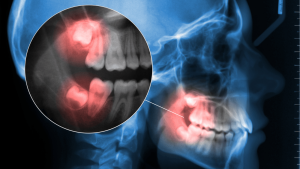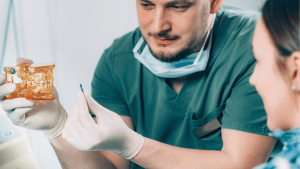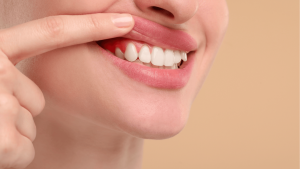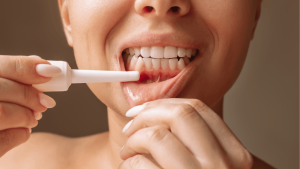Regularly visiting the dentist is one of the best things you can do for your future smile. It might not be the most exciting thing, but these visits are about more than just clean teeth. They help catch problems early, reduce the risk of dental emergencies, save money, and promote overall body health. In this blog, we will explain why dental checkups are important, what to expect during a visit, how your mouth health affects your overall health, how much you can save in the long run, and some simple ways to make your dental visits more comfortable.
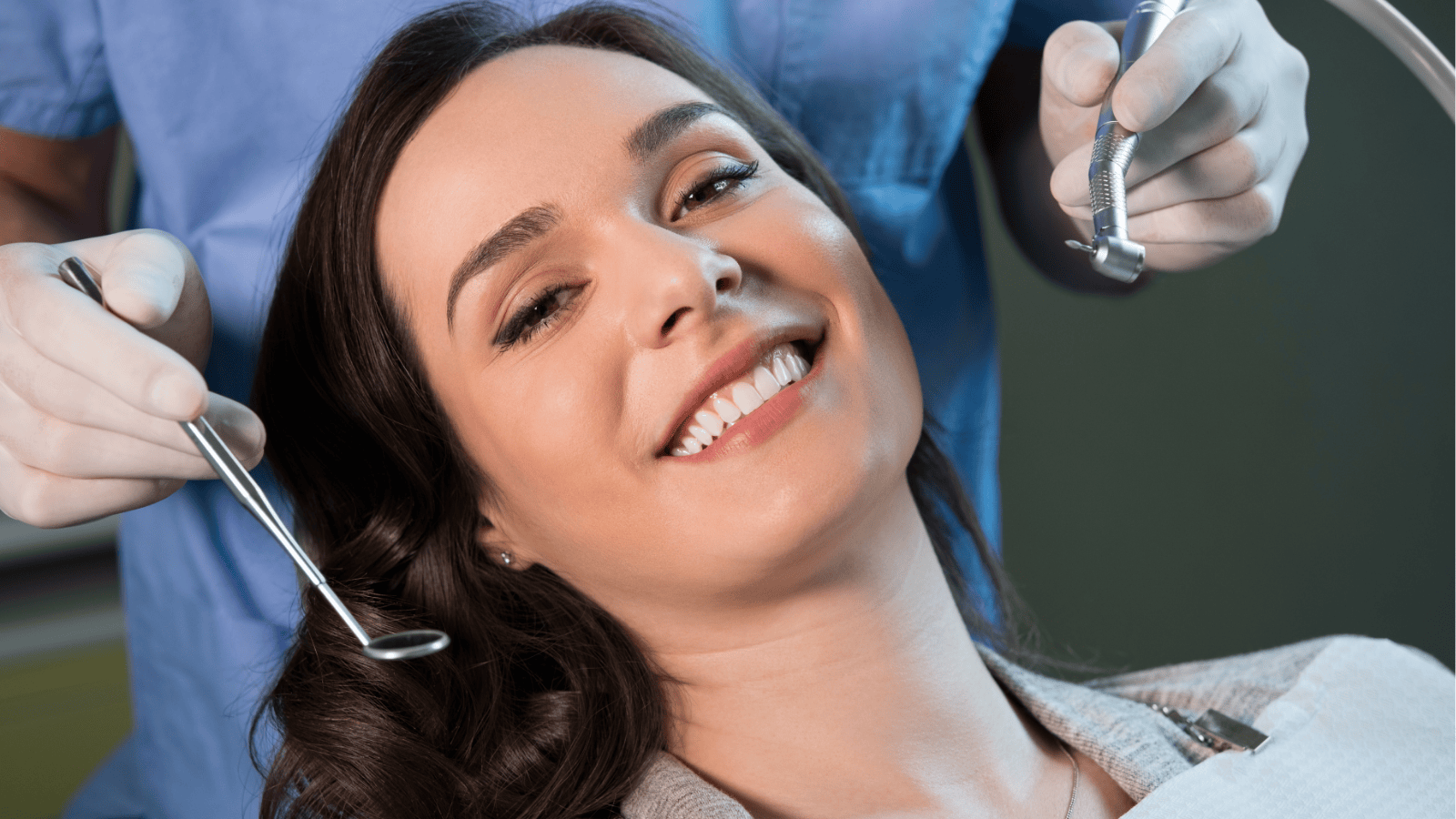
Better Health Begins with Routine Dental Care
Frequent dental visits aren’t just routine. They allow your dentist to detect early signs of cavities, gum disease, or other oral health issues before they expand. These early detections make treatments quicker, easier, and far less stressful.
During a checkup, you also get a deep professional cleaning that removes plaque and tartar that your toothbrush can’t handle. It helps to prevent decay and bad breath. Staying on top of your dental health now can save you a lot of money and discomfort in the future by avoiding major procedures.
Plus, a clean and healthy smile can boost your confidence and leave you feeling great. And it’s not just about your teeth; your oral health is closely linked to your overall health. On and off checkups can help protect your heart, control blood sugar, and support your whole body’s well-being.
Understanding Preventive Dental Checkups
Preventive dental checkups are routine visits where a dentist or hygienist checks your teeth and gums, cleans away buildup, and looks for early warning signs.
Most dental professionals recommend seeing your dentist every six months, though some people with specific health issues may need visits more often.
This includes exams for teeth, gums, and oral cancer; digital X-rays if needed; thorough scaling and polishing; and education on home care.
Catch It Early, Keep It Clean
Many dental problems, like cavities and gum disease, start silently, without any pain. That’s why regular checkups are so important. Dentists can catch small issues before they turn serious, check for gum trouble or oral cancer, and offer personalized advice.
Skipping dental care comes at a cost. Kids miss 34 million school hours yearly due to unplanned dental visits, and adults lose $45 billion in productivity because of untreated dental issues.
And while brushing at home is essential, it’s not enough. Only a professional can remove hardened tartar, polish your teeth, and apply fluoride to protect your enamel.
Fun fact: Tooth decay is the most common chronic disease in kids, but it’s almost always preventable with routine care.
Confidence and Smile Appearance
Now, let’s look at what a healthy, well-cared-for smile does for your self-esteem. The way your teeth look can shape how you feel and how others see you every day.
- Bright, clean teeth boost your confidence when you talk, smile, and meet new people.
- Fresh breath and a brighter smile help you feel at ease in any social setting.
- According to the Oral Health Foundation, healthy teeth are strongly linked to better life opportunities and how others perceive you.
Your smile is your best accessory. Keep it healthy. Let it reflect the confident, vibrant person you are.
Oral Health and Whole-Body Wellbeing
Next, we connect your mouth to the rest of your body; yes, they are deeply linked! What happens in your mouth doesn’t stay there. It can affect your overall health in powerful ways.
- Oral bacteria and gum disease are connected to heart disease, diabetes, and even respiratory infections.
- Pregnant women with gum disease face higher risks of premature birth and low-birth-weight babies.
- Gum disease can triple your risk for diabetes, while controlling diabetes also helps protect your gums.
A healthy mouth truly is the foundation for a healthy body. Take care of it, and you are caring for much more than just your smile. Your dental checkups could be the first step toward better long-term health.
Smart Habits for Hassle-Free Checkups
Worried about squeezing dentist visits into your schedule or feeling nervous? Here’s how you can succeed:
- Schedule reminders in your phone or calendar every six months.
- Choose a dental practice that makes you feel comfortable, like Popup Smile!
- Bring headphones or music to help you relax in the chair.
- Write down your questions so you get all the information you need during your visit.
- Don’t be afraid to discuss anxieties with your dentist; good professionals love helping patients feel at ease.
Preventive vs. Major Dental Treatments
Before you delay that routine checkup, take a quick look at how preventive care stacks up against major dental treatments. It might just change how you prioritize your next visit:
| Factor | Preventive Care | Major Treatment |
| Cost (per year) | $0 – $100 | $700 – $5000+ |
| Pain Level | Not any | Moderate to severe |
| Time Needed | 30 – 45 min per visit | Multiple visits, Surgeries |
| Recovery | Immediate | Days to weeks |
| Impact | Keeps teeth healthy | Repairs major damage |
Last But Not the Least
Proactive dental care is simple, smart, and sets you up for a lifetime of confident, healthy smiles. At Popup Smile, we believe your well-being starts with your teeth. Don’t wait for pain; schedule your next checkup today, and take the biggest step toward better health and happiness. Need expert support or ready to schedule your appointment? Contact us at Popup Smile and let our caring team guide you on your preventive journey. Your future self will thank you for the care you invest in today. Let’s make dental visits something you look forward to, not something you fear.
FAQs
Can genetic factors impact my risk for dental problems even with regular checkups?
Absolutely. Genetics influence enamel strength, cavity risk, and gum disease susceptibility. However, consistent preventive care and professional monitoring are powerful tools for managing hereditary risks.
How do diet and hydration specifically affect preventive dental outcomes?
A balanced diet low in sugars and acids, along with plenty of water, strengthens enamel and reduces cavity risk. Nutrient-rich foods support gum health, while good hydration helps cleanse your mouth between brushings.
Are there new technologies in preventive dental care that patients should know about?
Yes! Modern practices use digital X-rays (with less radiation), laser cavity detection, intraoral cameras, and even AI-powered diagnostics for faster, more accurate results. These tools make preventive visits more effective and comfortable than ever.

